Roll For Insight: Gotta Collect ‘Em All!
April 12, 2019 by dracs
I have a confession to make. I am a collector!
I have always had that drive to collect things and in the end it is what got me into tabletop gaming. As a kid, I would collect sticks when we were on a walk, with the result that my bedroom resembled a birds nest. After that, it was Hornby trains, starting with donations from my train-obsessed grandfather.
I grew up in the 90s, a time characterised by collectibles. Pokémon exploded across the world, filling the playground with trading cards, while beanie babies filled every shelf in every under-ten-year-old's bedroom.
Collecting is something that has followed me into adult life. I don't know just how many books I own, with a specific focus on folklore texts, works by Terry Pratchett (take a shot), and classic Warhammer Fantasy army books. Magic: The Gathering has also often lived up to its nickname of "cardboard crack".
It was while playing a game of Magic that I started to wonder; why am I so addicted to these little pieces of card? And why do I collect so many things?
The Joys Of Collecting
If you're a tabletop gamer, chances are you are some form of collector. Whether this is board games or a complete army of unpainted miniatures you swear you'll finish one day, we nearly all have something we like to spend our hard-earned cash on, often for little more reason than the joy owning that something brings.
There have been many theories proposed why collecting can bring such enjoyment and satisfaction. Some, of course, collect as an investment, in the hope that what they are collecting will increase in value and then be sold on later. This was the thinking that led to the Comic Speculator Boom of the 80s and 90s, resulting in a slew of "Special Edition" cover prints and an eventual crash that nearly ruined the industry.
Of course, as anyone who has ever tried to sell on their miniatures collection will know, collecting for profit is definitely not the main reason most do it.
Some suggest that collecting may be a source of emotional security. In discussing her grandmother's habit of collecting everyday nick-nacks, Judith Katz-Schwartz had this to say:
Some people "save things" because it helps them to fill a gaping hole, calm fears, erase insecurity. For them, collecting provides order in their lives and a bulwark against the chaos and terror of an uncertain world. It serves as a protectant against the destruction of everything they've ever loved. Grandma's things made her feel safe.
There is a real sense of emotional satisfaction from having a collection, and I have found that going over my various books or Magic cards can be relaxing, even when I am not playing a game. However, I wouldn't say I collect for a feeling of safety.
For others, a lot of satisfaction in collecting comes from the search for some elusive item. Petrulis, a collector of athlete autographs, told Sports Illustrated that the joy he found in collecting to be from three aspects of it:
"The thrill of the chase, seeing who will sign that day. Second, the collecting aspect, trying to put together one of the best autograph collections around. And, finally, feeling more connected to the game because I actually meet the guys playing it instead of just seeing them on television."
This search is something I am very familiar with. Whenever I visit a city, I scour the local second-hand book shops in search of The Codex Seraphinianus. Sure, I could just order it off Amazon, but where's the fun in that? I'm sure I'll find it sooner or later. One day, Codex... One day...
In the end, there are many reasons why people might choose to collect things. For some, it's for nostalgia, a connection to their childhood. For others, it's due to historical interest and a fascination with a certain time period, to which they are connected by the various artifacts left over from it.
And there are definite benefits to collecting as a hobby. In their article on collecting during childhood, Michele and Robert Root-Bernstein note that "collecting, like all forms of playing, exercises critical imaginative and cognitive skills", while in his piece on The Psychology of Collecting McKinley notes that, far from the solitary experience we might imagine collecting to be, many do it to "expand their social lives, attending swap meets and exchanging information with like-minded souls."
This is something we, as gamers, would definitely be familiar with, as our own collections focus so much on their social aspect and on the various skills needed to fully engage with them.
Of course, we could go with Freud's theory that we collect due to the trauma loss of bowl control inflicted upon us as babies.

Image from Existential Comics, Freudian Therapy
There is often considered to be a dark side to collecting, where it moves from an enjoyable hobby to one which begins to have a negative impact upon the collector's life.
The Dark Side Of Collecting
The most obvious way of this is with the cost. Any collector of Warhammer or Magic: The Gathering is well aware of the costs involved in their hobby. You might think picking up the occasional booster pack isn't too much of an expense, but the old cardboard crack can quickly spiral out of control.
Magic, and other blind buy game, are particularly bad for this. That elusive Mythic Rare could be waiting for you in just the next pack...
This is something that Petrulis notes about his own autograph collecting.
"It gets addictive, just like gambling, drugs or sex. It's like putting a coin in a slot machine. It might not pay off this time, so you put another quarter in and keep doing it until you are tapped out or finally hit the jackpot."
Then there is the extreme case when it starts to become hoarding.
Many of us joke that we are hoarders, that our collections have overtaken rooms of the house, or that we are "hoarding" piles of unpainted plastic. However, it's rare that this is to the extent where we are truly suffering from Hoarding Disorder.
Hoarding Disorder is a large topic, and one which I will not be able to fully dive into here. It is defined by The Cambridge Handbook of Anxiety and Related Disorders as "difficulty discarding possessions, regardless of their value, that is due to a perceived need to save items and is associated with congestion and clutter in active living areas."
This goes way beyond simply being untidy or having a large collection. Those with Hoarding Disorder can find themselves in distress at the thought of discarding an object, even something that might not be usually considered part of a collection. They accumulate items until they begin to take over their livable space, having a negative impact on their lives.
However, being a collector is not the same as being a compulsive hoarder. Where a collector usually gathers a very focused set of items, a compulsive hoarder might gather things that are seemingly worthless. Importantly, a collector will take joy in their collection, whereas a compulsive hoarder can be aware that their behaviour is irrational.
Psychiatry.org features the patient story of Lainie, a forty-seven year old woman diagnosed with hoarding disorder which paints a very different image to that of the gentle hobby of collecting.
Ashamed by the state of her apartment, she had told no one about her behavior and invited no one into her apartment for at least 15 years. She also avoided social functions and dating, because—despite being friendly and very lonely—she knew she could not invite anyone to her home. She did not want the mental health care provider to visit her home but showed some photographs from her phone’s camera. The pictures showed furniture, papers, boxes and clothes piles from floor to ceiling.
Gotta Catch 'Em All!
Even with its dark sides, collecting is a hobby that many people around the world, and throughout history, enjoy. Whether it is the philatelist taking quiet satisfaction in their stamps, or the 40k player beginning work on their third army, collecting is a hobby that presents many benefits.
The dangers creep in, as with many things, when it is taken to the extreme. Once we find ourselves hooked in that "just one more booster" fruit machine mentality, what started as a fun hobby can quickly spiral. But, as long as we are aware of this potential, it is one we can still enjoy.
Now, do any of you have a copy of Codex Seraphinianus? Seriously, I've been looking for this thing for six years now.
































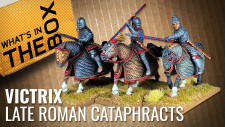


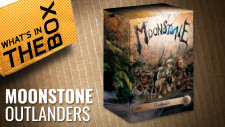







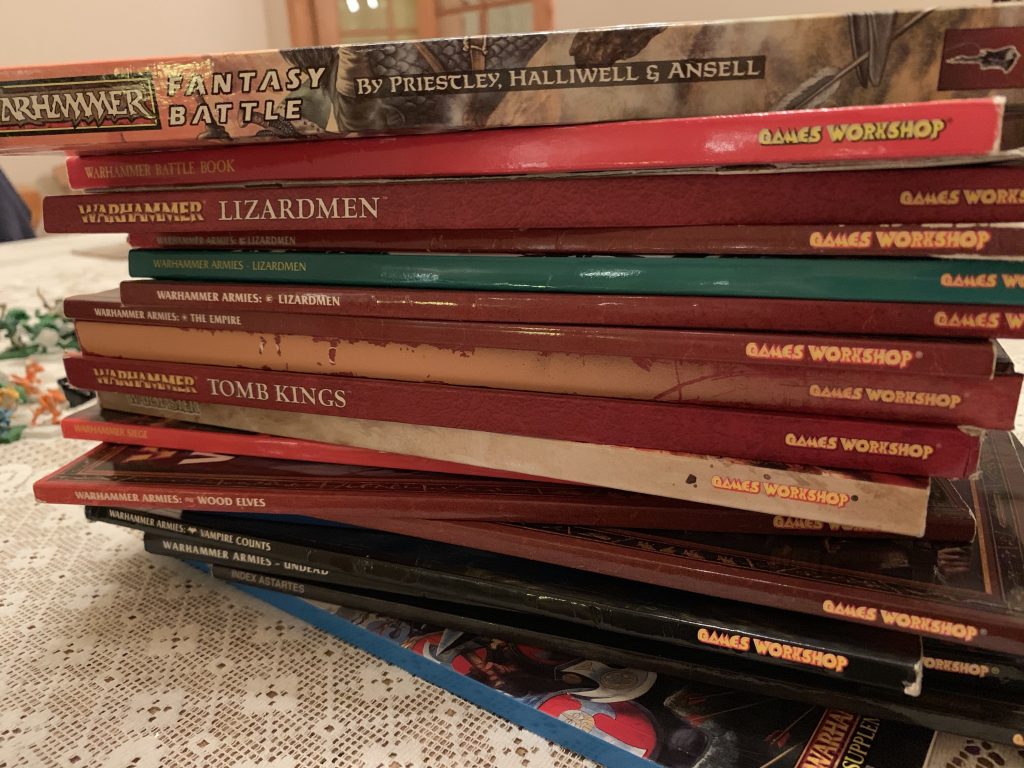


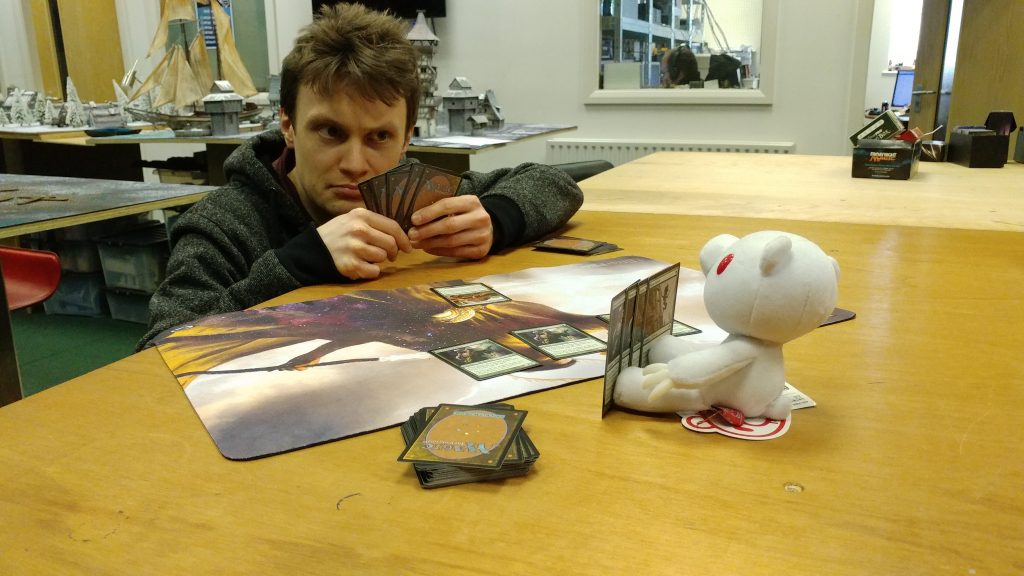
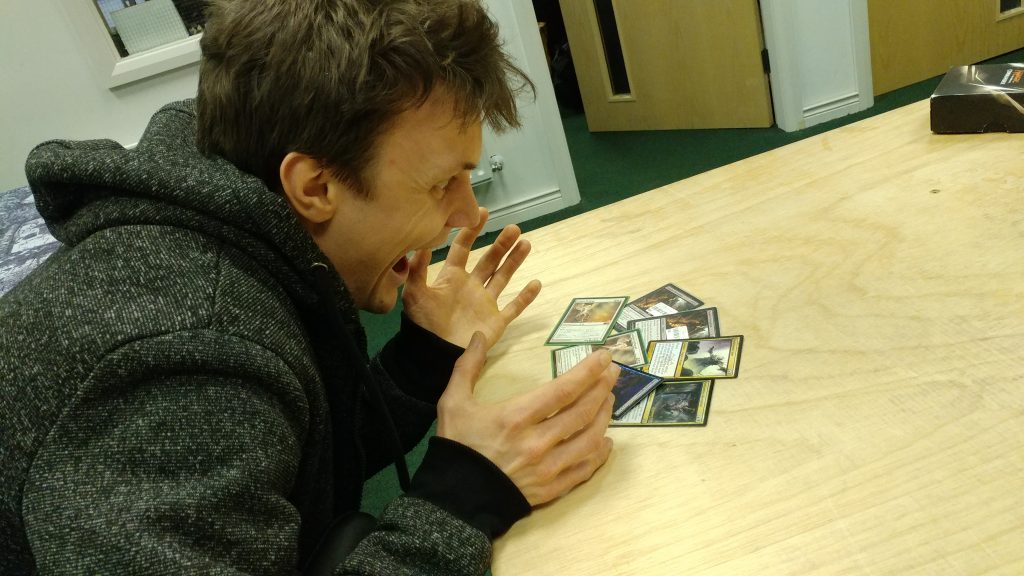
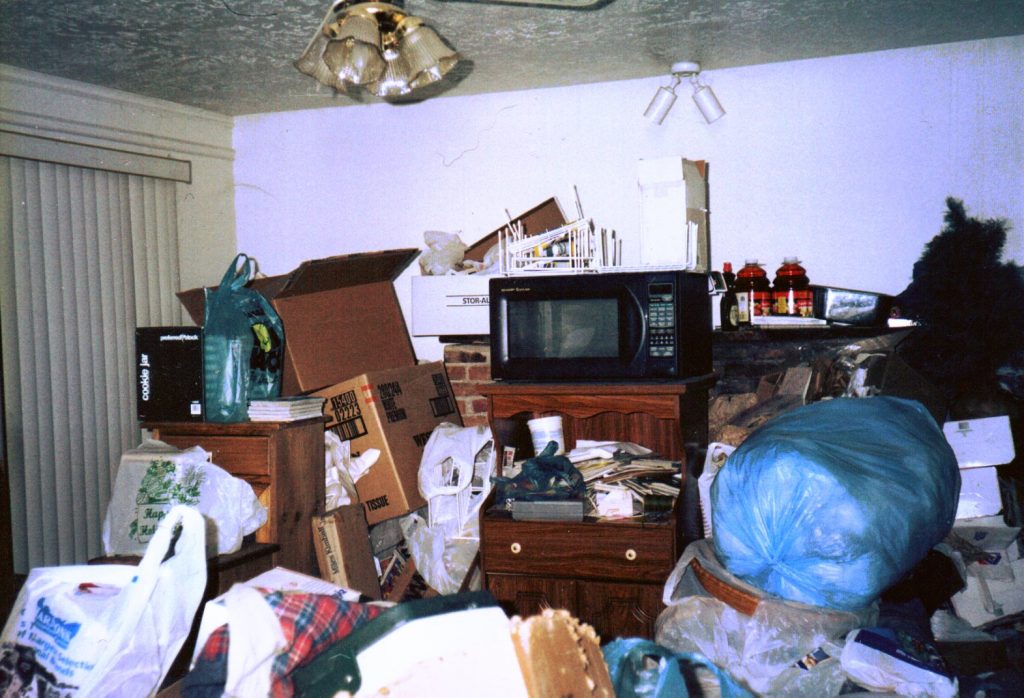













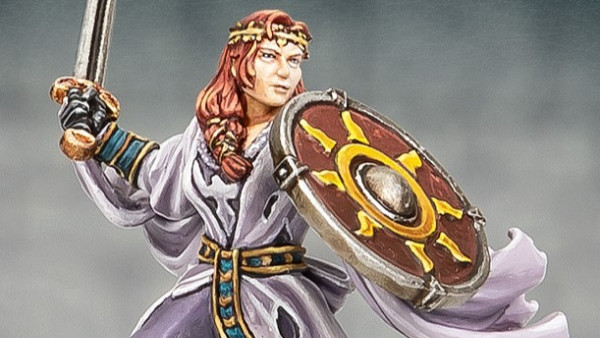

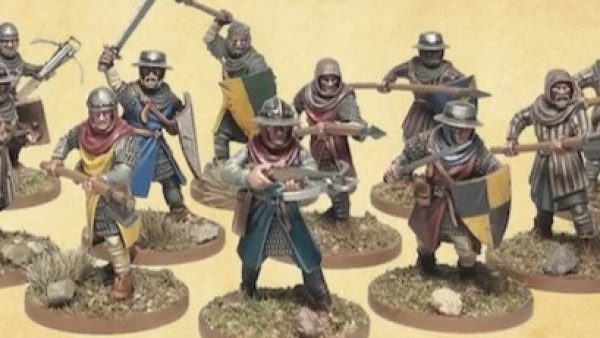




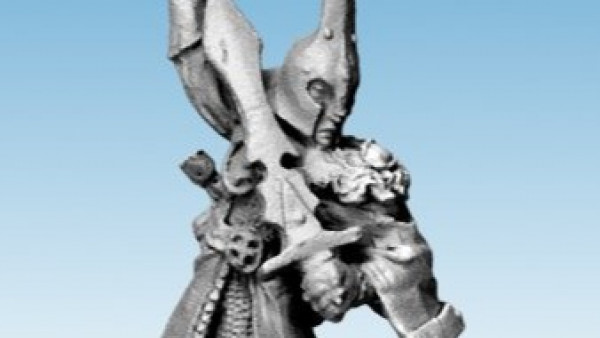

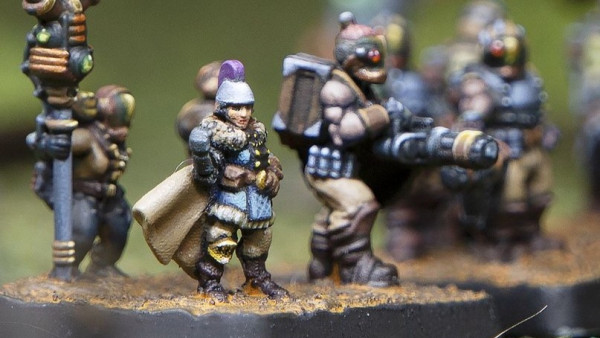
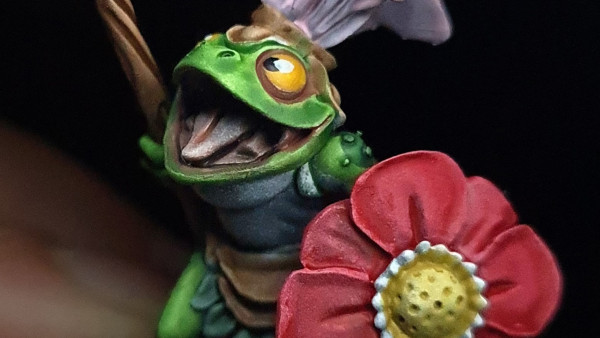
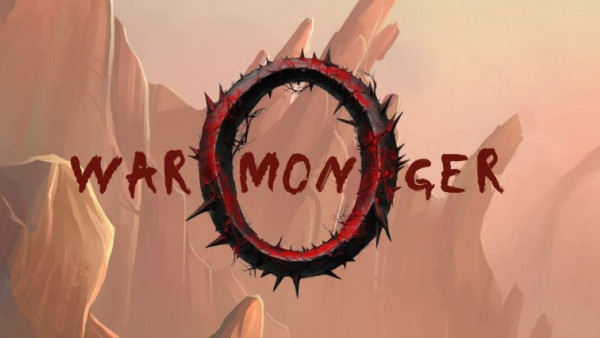









It kind of amazes me how Magic:The Gathering has escape attention from gambling authorities.
We’ve recently seen how lootbox mechanics in games have made headlines and resulted in some countries taking notice.
It’s exactly that ‘one more packet’ addiction that is dangerous to those who are have addictive personality traits.
I never got into those CCG’s because it had the one thing that annoys me : it’s never ‘complete’. Even the core game itself feels like it is missing essential components.
How badly did that plushie beat you @dracs?
?
On the topic at hand; I think one of the biggest problems with collecting is those people who aren’t collectors, but are aware of how much a particular item means to collectors so snap it up and try to eBay it for an extortionate price (anyone who wishes they owned the second Realm of Chaos book knows what I mean for example).
wait … it’s worth money ?
How many zeroes ?
Maybe I should get it signed so it’s worth even more/less ?
“Dark side of collecting”? You heretic!
Something I have often wondered about people who enjoy collecting or those with a serious Hoarding Disorder is whether it is actually genetic and linked to something we evolved to do in our distant past. Speaking as a non-scientist, there is a fairly obvious link between being inclined to collect and store food and surviving long enough to pass on your DNA. Anyway, something I have pondered on before mainly as my Dad was a bit of a collector (especially train books and stamps) and I seem to have inherited the same trait. Toy soldiers and music are the main… Read more »
TOday on the radio, a guy was parting with his 12,500 Record collection….reason, he’s 85, wife is 84 and their daughter has no clue what to do with it. He wants it to go to people who would enjoy it so it’s being sold off in bits, not dumped. Classic old and some new but the joy of collecting, he’s been at it for almost 70 years…..and now is the time to say goodbye to all save one. He tried parting with just a few but it was too hard so all had to go…save the one, and it’s not… Read more »
The weight of those records alone…
I collect RPG books and if I like the system or setting, get them all (or most). If I find an author I like, I buy as many of their books as I can and when I’ve read them… they get bagged (if they’re good) and lofted. I don’t collect boardgames, but I have a large collection and lately that means a lot of plastic to paint. I don’t need Wrath and Rapture, but I want it… I bought Drukhari kill team and now I have an army to build… Journeys In Middle Earth is out next week and I… Read more »
Its a funny thing collecting. The kind of mental gymnastics we delude ourselves with to justify our next purchase are truly incredible. I’ve tried controlling it, but I can’t eliminate it down to complete rationality as I do miss the genuine joy. Restricting myself to a sensible monthly budget is about as much as I can manage! I get to keep the fun every month but at least I don’t bankrupt myself or risk my marriage! But I have long passed the point of justifying my collection on the basis that I will play with it all some day… or… Read more »
I use to be really bad for collecting and probably still would be if I was single. my other half has helped with controlling that side of me. she doesn’t stop me from purchasing anything but her instructions are it has to stay in my man cave and can’t spill out into the rest off the house. This then forces me to think more about purchases, basically Do I Really Need That Item. Before I’d have just bought something because I wanted it and not because I actually needed it. I now have a manageable collection and not a massive… Read more »
Great article @dracs it always seemed to me that there was an almost Universal Collective Silence about the dark and obsessive side of the miniature wargaming, board and card Gaming Hobbies. Excellent that BoW/OTT is discussing this elephant in the room. Despite being a collector – and I will admit that all too often I have bought way too much hobby-related stuff (“one day I will build and paint this Model, play this Game, read this Book…”) much more than I could ever have the time for – I found it is indeed entirely possible to drastically (and realtively painlessly)… Read more »
To help keep the Siren Song temptations of kickstarters, the machinegun rate of fire of the Games Workshop release schedule and all the so many awesome games and products featured here in BoT/OTT… I kept a list going for a few years of my Parallel Universe Hobby Purchases – all the stuff I was tempted to buy… but then did not!
Sounds pretty silly, I know, but it somehow helped me get some perspective, a feeling of being back in control and made me more carefully select and appreciate what I did actually buy.
Lol! I see that, from the photo, having Bob around means that there’s someone your size to play against. I agree that there is quite a bit of danger in hoarding that we all might be open to in our desire to get things we find shiny. Every time I saw an episode of ‘Hoarders’ I instantly had the urge to divest myself of things. I have my own urge to go out and get stuff satiated with my subscriptions to Minicrate. The backlog grows slightly but single figures from those can still get knocked out rather easily (when I’m… Read more »
I have recently found it much easier to let go of parts of my various book, game and comic collections, and the reason is much of what I want to permanently enjoy is now available in digital form. I now never buy physical books unless it is an art book, or has art in it – everything goes on Kindle or iBooks. Comic are purchased through ComiXology, magazines through apps on the iPad. My collecting is now down to RPGs, games, minis and terrains (and mainly the latter two). With a transfer from the physical I am finding it very… Read more »